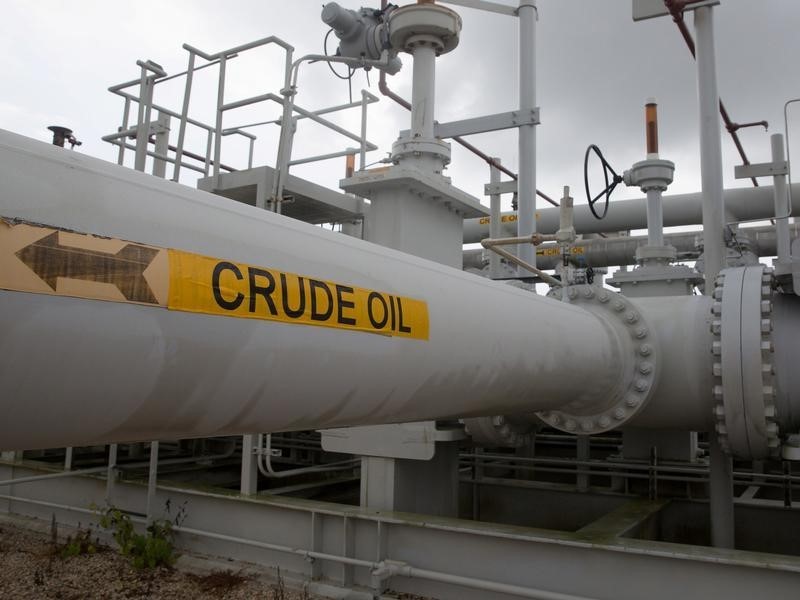By Gina Lee
Investing.com – Oil was down on Friday morning in Asia, with investors continuing to digest a huge, planned release of supply by the U.S.They also await a meeting of consuming nations to discuss a new release of emergency oil reserves.
Brent oil futures inched down 0.08% to $104.63 by 12:37 AM ET (4:37 AM GMT), with the May 2022 contract expiring on Mar. 31 at $107.91. WTI futures were down 0.37% to $99.91, after hitting a high of $101.75.
Both Brent and WTI futures on Friday were headed for a weekly loss of around 13%, their biggest in two years.
The International Energy Agency (IEA) will meet later in the day to discuss a further emergency oil release that would follow their agreement on Mar. 1 to release around 60 million barrels. The U.S. on Thursday also announced a release of 1 million barrels per day from the U.S. Strategic Petroleum Reserve (SPR). The release, for six months starting in May 2022, is the largest release to date.
The Russian invasion of Ukraine on Feb. 24 and the ensuing sanctions have disrupted supplies from Russia. Investors will now see how much oil the IEA will release, but do not expect it to have a significant long-term effect on the market.
"Previous releases from the SPR have taken time to reach the market and have had little impact on prices," ANZ Research analysts said in a note.
While Biden called for U.S. producers to increase output, the ANZ note warned that the massive SPR release could backfire and discourage producers from drilling more.
"The scale of the proposed release is large enough to mostly, or even completely, fill the supply deficit in the crude oil market for a period," Commonwealth Bank commodities analyst Tobin Gorey told Reuters.
"The action would likely cap prices for that period, after which the market would then be relying on OPEC+ to increase production," he added.
Meanwhile, the Organization of the Petroleum Exporting Countries and allies (OPEC+) stuck to plans to add 432,000 barrels per day of supply in May when it met on Thursday. The cartel resisted western pressure on Saudi Arabia and the United Arab Emirates to increase output further.
